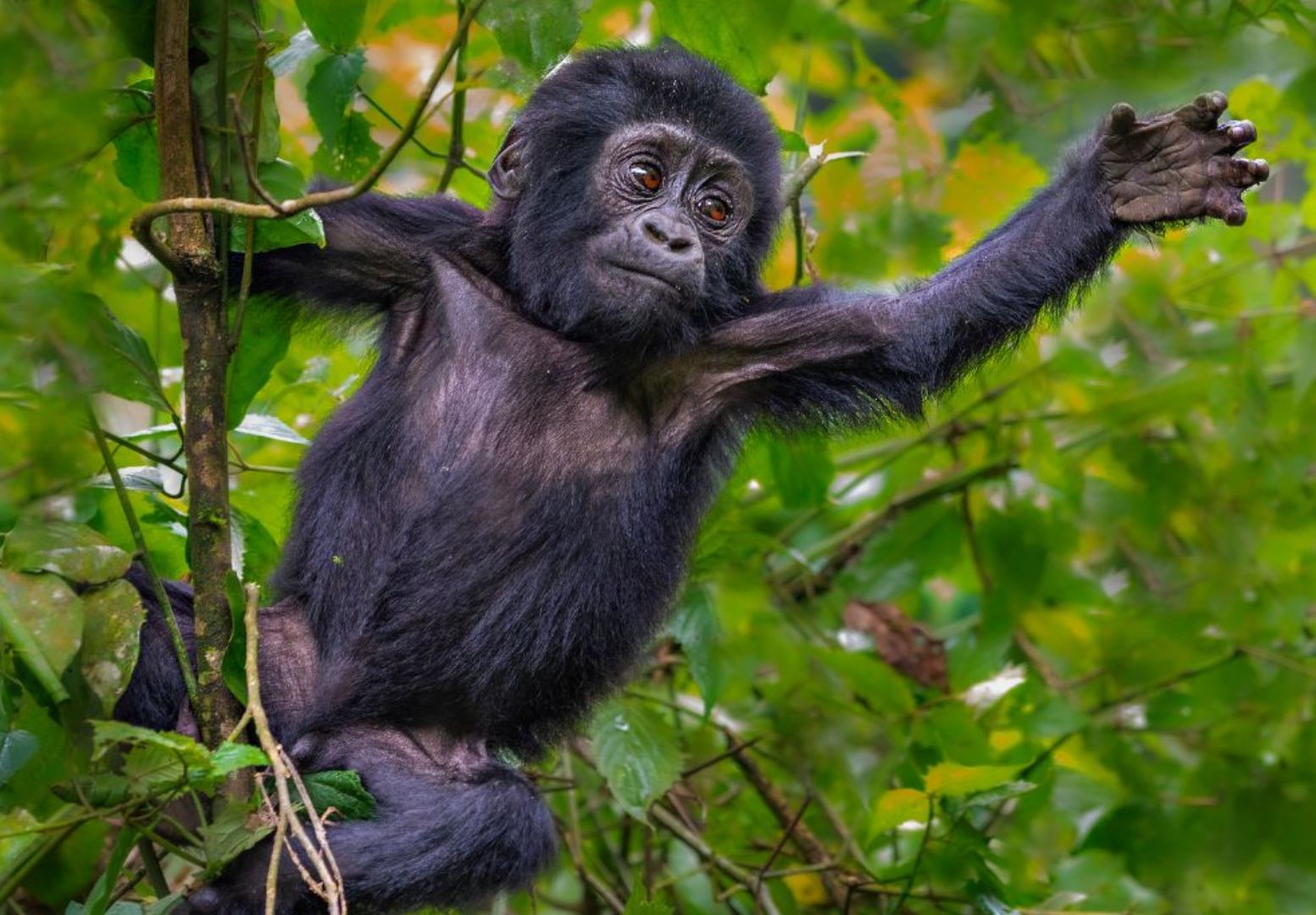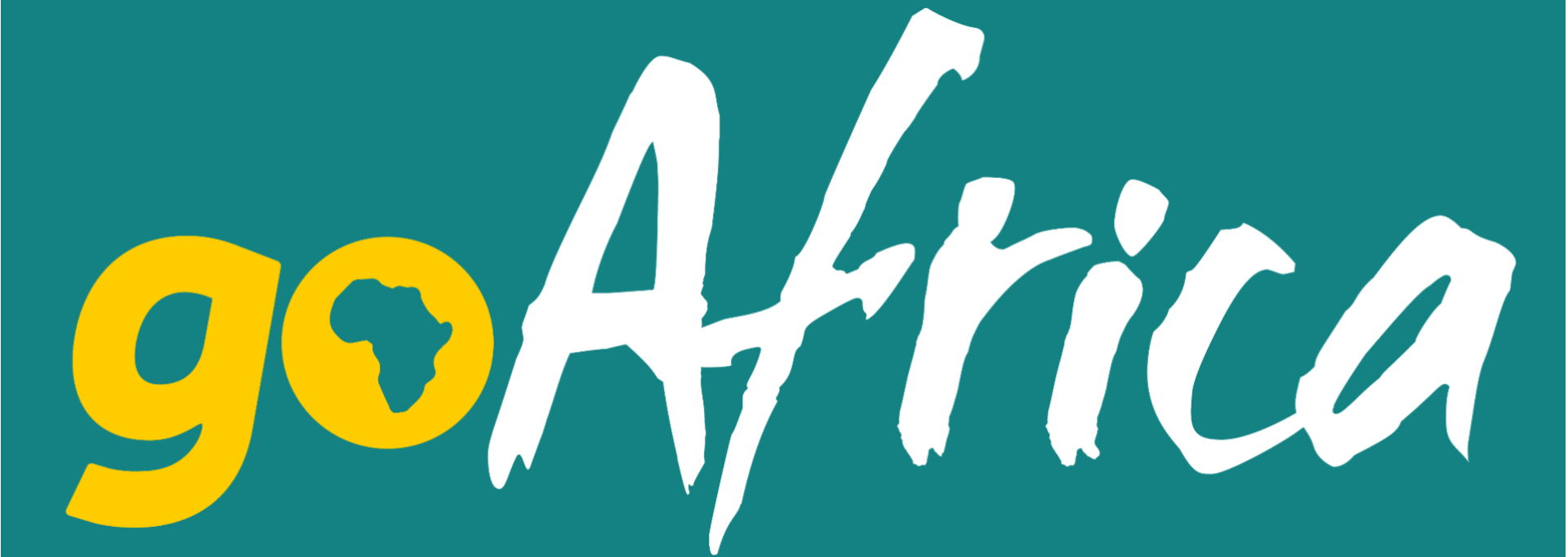 Rwanda, fondly known as the Land of a Thousand Hills, is a captivating East African destination that blends breathtaking scenery, rich culture, and extraordinary wildlife encounters. With its rolling green hills, pristine lakes, and volcanic landscapes, Rwanda offers a serene yet adventurous escape for travelers seeking something truly unique.
Rwanda, fondly known as the Land of a Thousand Hills, is a captivating East African destination that blends breathtaking scenery, rich culture, and extraordinary wildlife encounters. With its rolling green hills, pristine lakes, and volcanic landscapes, Rwanda offers a serene yet adventurous escape for travelers seeking something truly unique.
From the misty forests of Volcanoes National Park, home to the endangered mountain gorilla, to the tranquil shores of Lake Kivu and the vibrant streets of Kigali, Rwanda delivers a deeply immersive experience. It is a country that has risen from its past with grace, offering visitors not just natural beauty, but also a profound story of resilience and transformation.
Practical Travel Tips for Visiting Rwanda
Planning ahead ensures your journey to Rwanda is seamless and rewarding. Below is a comprehensive guide for your visit.
Best Time to Visit Rwanda
Rwanda’s temperate climate makes it a year-round destination, though the dry seasons are ideal for outdoor adventures:
-
June to September (Long Dry Season): The best time for gorilla trekking, chimpanzee tracking, and hiking in Volcanoes National Park. Trails are less slippery, and wildlife is easier to spot.
-
December to February (Short Dry Season): Another excellent window for trekking and exploring Rwanda’s scenic landscapes with pleasant weather and minimal rainfall.
-
March to May (Long Rains): Heavier rainfall can make trekking more challenging, but this is a rewarding time for photographers with lush greenery and fewer tourists.
-
October to November (Short Rains): A brief rainy period offering vibrant scenery and good opportunities for birdwatching.
Entry Requirements for Rwanda
Entry into Rwanda is straightforward, with options to make the process smooth:
-
Visas: Most travelers require a visa, easily obtained online or on arrival. The East Africa Tourist Visa is a great option for those also visiting Kenya and Uganda.
-
Visa exemptions: Citizens of select countries are exempt; check current requirements in advance.
-
Passport validity: Your passport must be valid for at least six months beyond your entry date, with at least one blank page.
-
Supporting documents: Proof of onward travel and sufficient funds may be requested.
Health and Safety in Rwanda
Rwanda is one of Africa’s safest countries, but standard health precautions are recommended:
-
Vaccinations: Yellow fever vaccination is required for travelers arriving from affected regions. Other recommended vaccines include typhoid, hepatitis A, and tetanus.
-
Malaria prevention: Malaria is present in many areas; take prophylaxis, use repellent, and sleep under mosquito nets.
-
Travel insurance: Comprehensive insurance is strongly recommended, covering medical care, evacuation, and trekking activities.
-
General safety tips:
-
Use licensed guides and tour operators for gorilla trekking and excursions.
-
Exercise standard caution in busy city areas.
-
Follow all safety rules in national parks.
-
Currency and Money in Rwanda
-
Local currency: The Rwandan Franc (RWF) is used for most transactions.
-
ATMs and cards: Widely available in Kigali and larger towns; Visa is most reliable.
-
USD and foreign currencies: U.S. dollars are accepted for permits, park fees, and some lodges. Carry crisp, recent bills.
-
Tipping: Appreciated for guides, drivers, and service staff, though not obligatory.
Languages in Rwanda
Rwanda’s linguistic heritage reflects its rich culture:
-
Official languages: Kinyarwanda, English, and French are widely spoken, with Swahili also gaining prominence.
-
Traveler tip: Learning a few Kinyarwanda phrases adds warmth to your experience:
-
Muraho = Hello
-
Murakoze = Thank you
-
Murakaza neza = Welcome
-
Transportation in Rwanda
Rwanda’s compact size makes it easy to explore, with well-maintained infrastructure:
-
Domestic travel: Rwanda’s roads are excellent by regional standards, making overland travel comfortable.
-
Car hire: Renting a 4x4 is ideal for independent travelers; hiring a driver-guide is common and convenient.
-
Public transport: Buses and minibuses connect towns affordably.
-
Taxis and moto-taxis: Widely available in Kigali and towns; moto-taxis are inexpensive and regulated.
-
Air travel: RwandAir offers connections within Africa and to international destinations.
Extra Travel Tips for Rwanda
-
Connectivity: Rwanda has excellent 4G coverage; local SIM cards are affordable.
-
Electricity: 230V supply with Type C and J plugs; bring a universal adapter.
-
Clothing: Light layers are ideal for warm days; pack waterproof gear for trekking and comfortable walking shoes.
-
Photography: Always seek permission when photographing locals; be mindful of cultural sensitivities.
-
Sustainability: Rwanda is a leader in conservation—support eco-friendly lodges, community projects, and responsible travel initiatives.
Why Travel to Rwanda?
Rwanda is a destination of breathtaking contrasts, where lush rainforests, volcanoes, and shimmering lakes meet vibrant cities and warm hospitality. Gorilla trekking in Volcanoes National Park is a life-changing experience, while Nyungwe Forest offers thrilling canopy walks, and Akagera National Park showcases a Big Five safari adventure.
This “Land of a Thousand Hills” is a testament to nature’s beauty and human resilience, offering a deeply enriching journey for travelers seeking wildlife encounters, cultural immersion, and unforgettable scenery.
Messages
{{unread_count}}
Chat with: {{currentConversation.display_name}}


